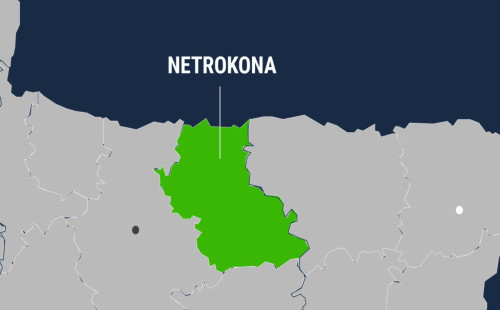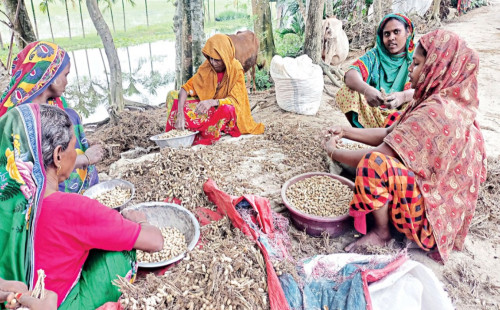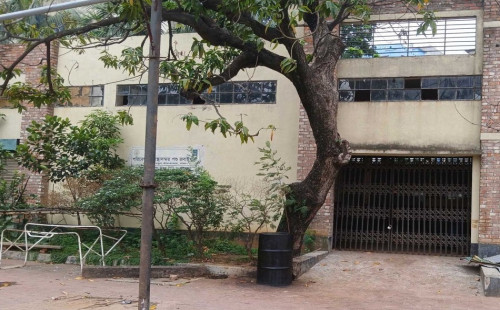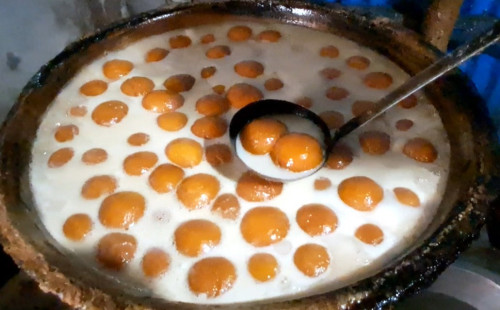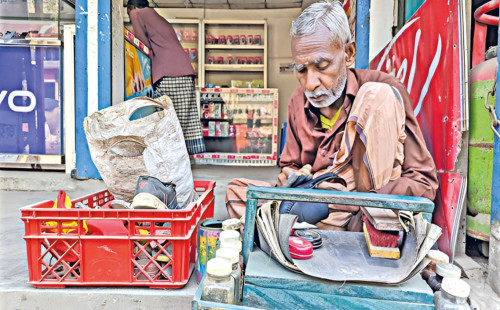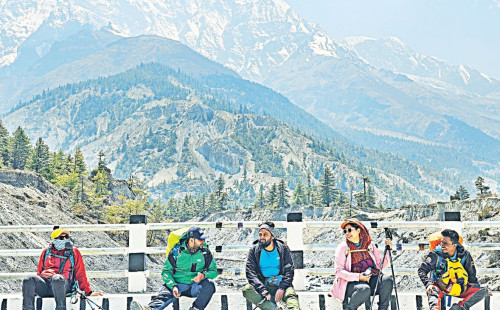Pearl Concrete Block Industries: An eco-friendly block factory at Raozan to save farmland
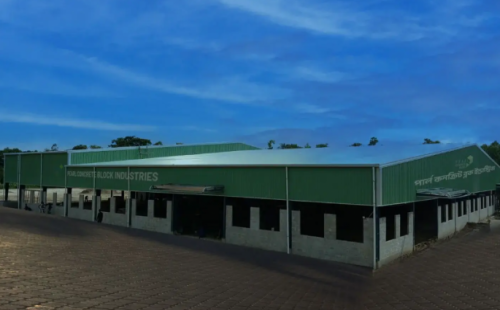
Highlights:
· Pearl Concrete makes 14 types of blocks, 70,000 units per day
· Concrete blocks already used in govt projects
· Blocks are cheaper, stronger, more durable than clay bricks
· 164 registered factories now produce 214cr blocks annually
· 8,686 brick kilns still active, 3,491 without approval
Chattogram-based industrial conglomerate AMMS Group has launched an eco-friendly initiative in Bangladesh's infrastructure and construction sector by establishing a modern concrete block factory in Raozan, aiming to protect farmland and reduce the harmful effects of climate change.
The plant, named Pearl Concrete Block Industries, was set up in Fokirtakia, Raozan upazila, with an investment of Tk20 crore on a 50,000 square-feet site.
Commercial operations began in September 2024 with a production capacity of 100,000 blocks per day. Around 100 people are currently employed at the facility.
Mohammed Shafiqul Alam Jewel, managing director of AMMS Group, told TBS, "Every year, a vast amount of arable land in Bangladesh is destroyed due to traditional brick kilns. We want to create a sustainable and eco-friendly alternative to that destruction. As part of this effort, we have established this concrete block industry in Raozan, Chattogram.
According to officials, the factory currently produces 14 types of blocks, including solid concrete bricks, concrete hollow blocks, pavers, erosion-control blocks, double interlocking I-blocks, hexagonal blocks, cement concrete blocks, kerb stones, and saucer drains.
The government had also targeted a full shift from clay bricks to blocks in public construction by FY25
These blocks are not only sustainable, but also environmentally friendly. The blocks are already being used in public and private projects, including those under the LGED, Roads and Highways, the PWD, and city corporations, as well as in housing and logistics sectors.
Major ICD operator Summit Alliance Port and several logistics firms are also using Pearl Concrete blocks.
Md Bakhtiar Uddin Asif, manager of sales and marketing at Pearl Concrete Block Industries, said, "Our factory's production target is around one lakh units of blocks per day. Currently, we are producing between 50,000 and 70,000 units daily, supplying more than five lakh pieces each month. Alongside customer deliveries, we are also maintaining stock. Over 2.1 million blocks have been stocked to meet sudden large orders."
He added that the company has recently signed an agreement with the China Railway Construction Corporation Limited (CRCC). Under the deal, CRCC will use the factory's blocks in various infrastructure projects in Bangladesh, including railway construction.
Lt Col (retd) Md Sakhawat Hossain, president of the Bangladesh Concrete Block Manufacturers Association, said, "Concrete blocks are produced naturally. Their pressure tolerance is standardised, and they can be produced throughout the year. Compared to burnt clay bricks, the price of blocks is also relatively lower."
According to concrete sector stakeholders, many roads get damaged and eroded whenever it rains. In contrast, blocks are water-resistant and help increase durability. As a result, roads built or repaired using block materials last longer compared to those constructed with bitumen or brick concrete.
The government had also targeted a full shift from clay bricks to blocks in public construction by FY25.
According to the Department of Environment, 164 registered factories now produce around 214 crore blocks annually, while Bangladesh still has 8,686 brick kilns, including 3,491 operating without approval.
Industry insiders said if the government ensures the use of concrete blocks in development projects as per its directives, the sector will attract new investments. The existing block factories will also be able to utilise their full production capacity.






